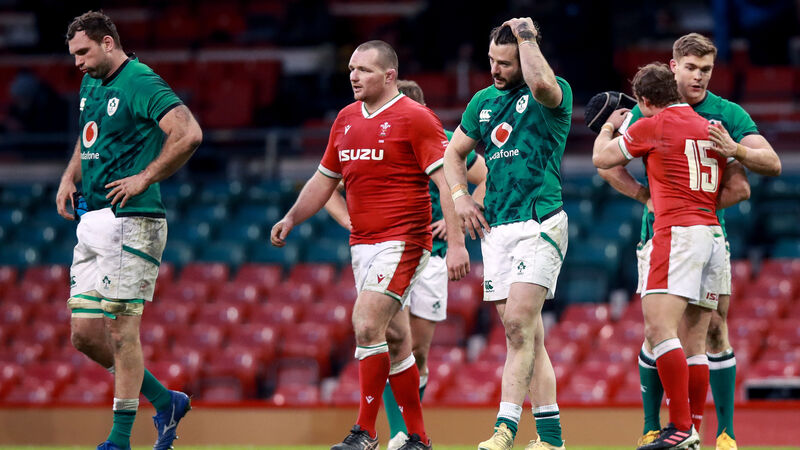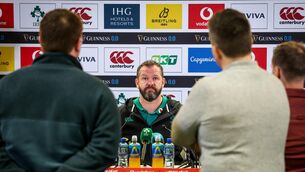Donal Lenihan: Now is the time for Ireland's leaders to emerge

Tadhg Beirne and Robbie Henshaw were among Ireland’s best performers on a day when every player went above and beyond in an attempt to negate their numerical disadvantage. Picture: INPHO/Tommy Dickson










